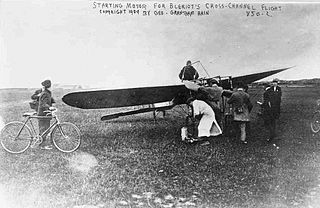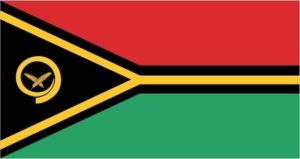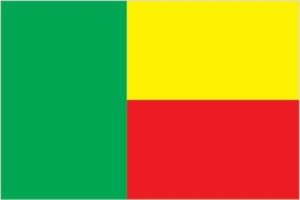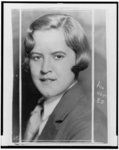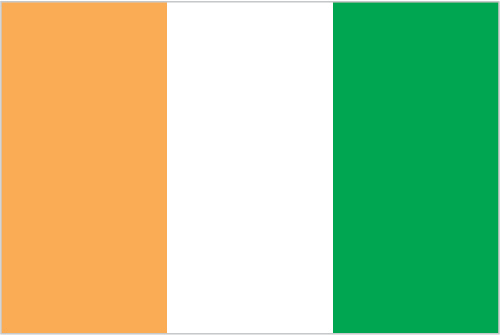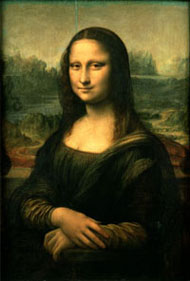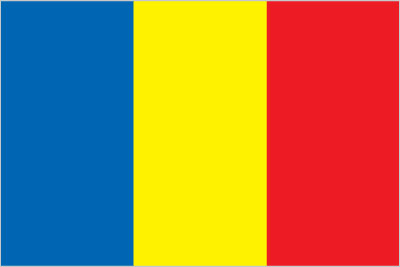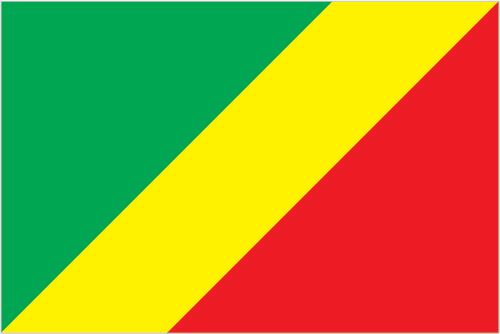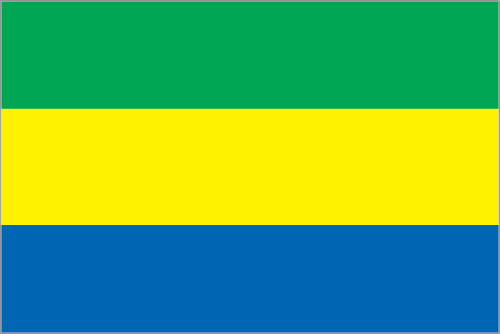
Rosetta Stone
Rosetta Stone was found in 1799. Great Britain and France were at war, and one of their battle locations was in Egypt. The French found the stone when they were trying to improve their fortifications. The French lost the battle, and the British confiscated the Rosetta Stone. A pharaoh’s proclamation is written in three different languages on the stone. Jean Francois Champollion deciphered the ancient Egyptian hieroglyphic text by working back through the other two languages. The British Museum now houses the Rosetta Stone. Children can learn more at: Rosetta Stone.
